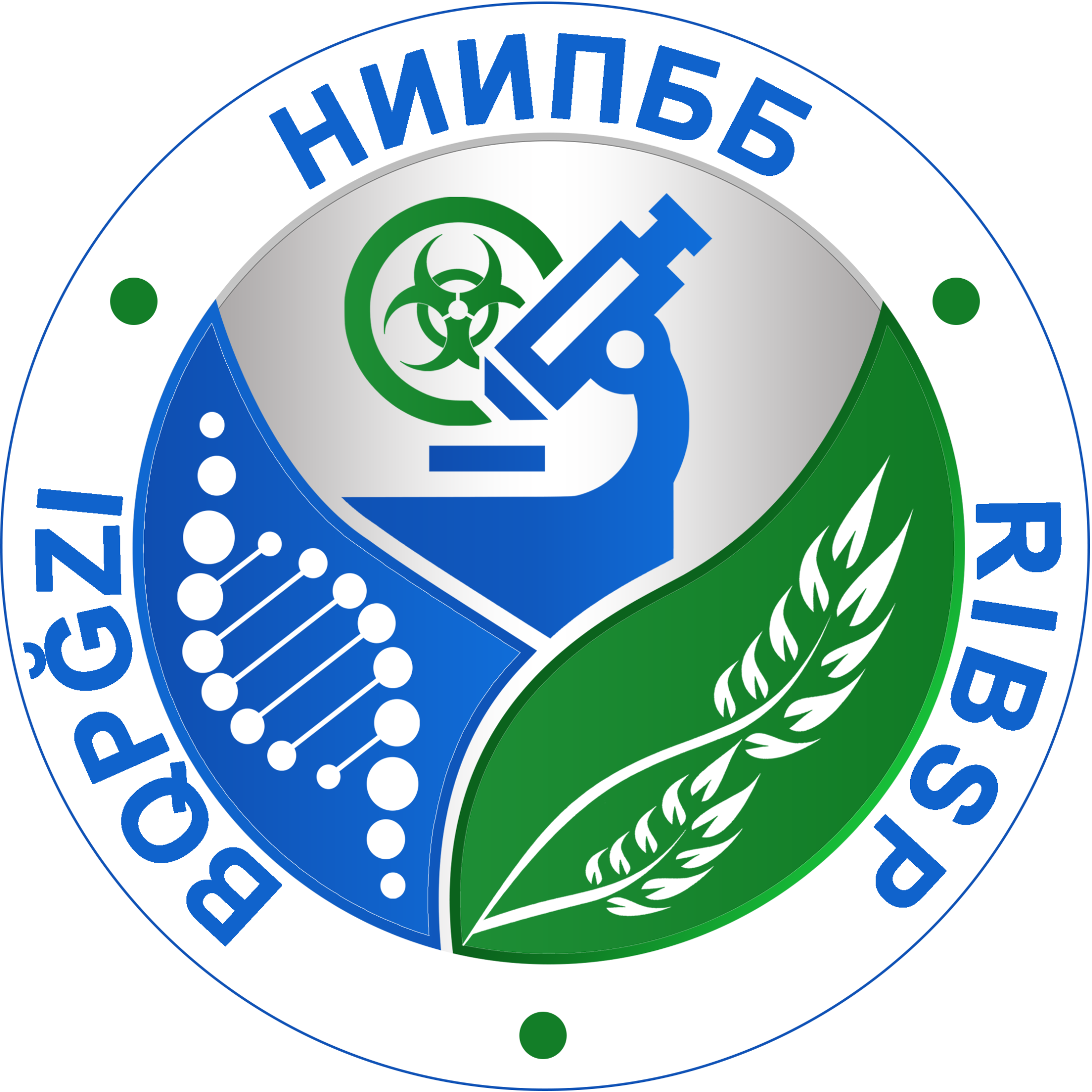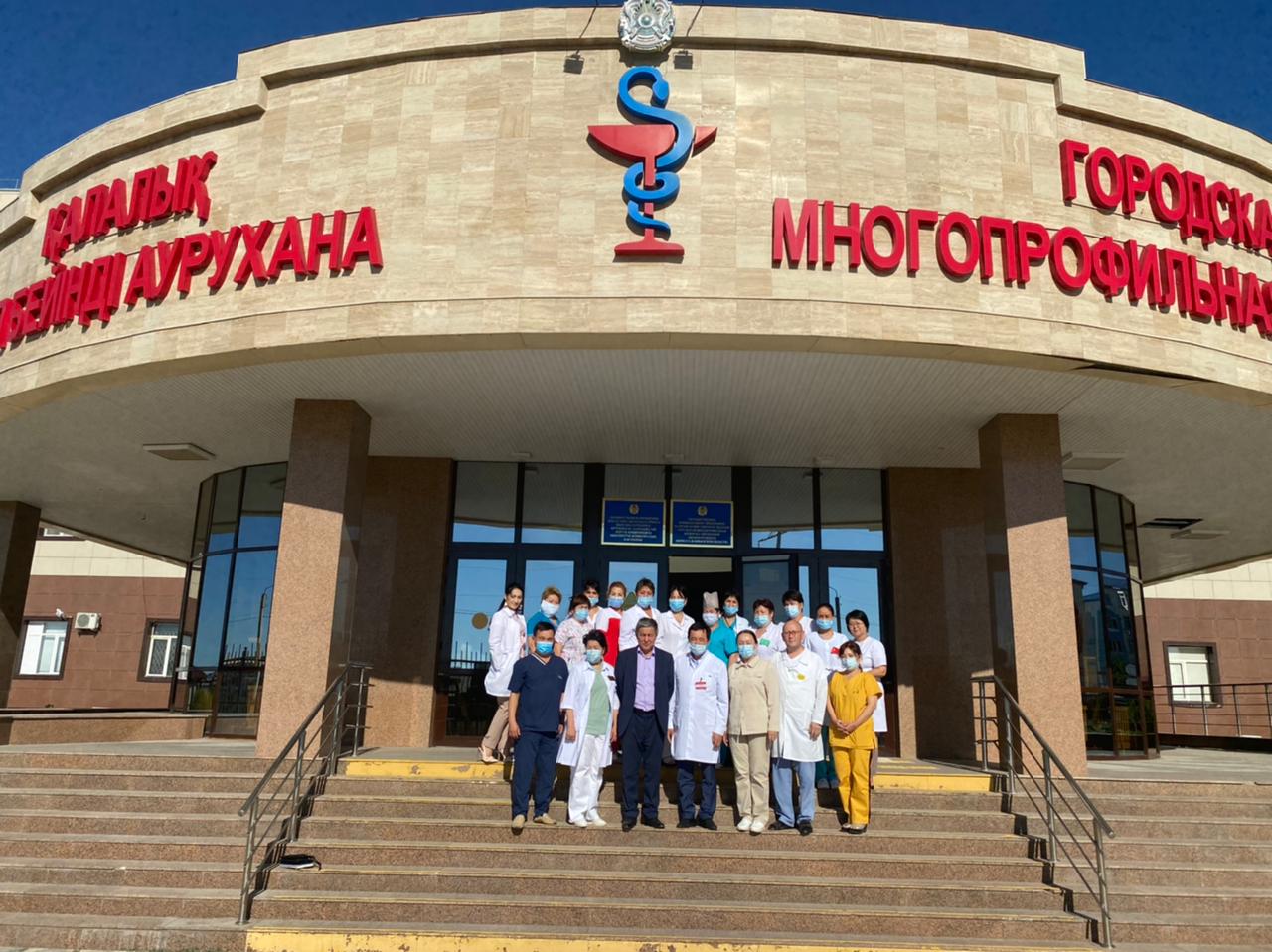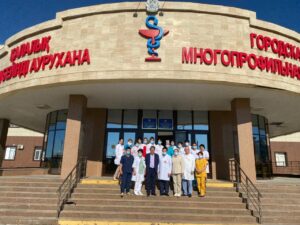On June 15, 2021, clinical studies of COVID-19 domestic subunit vaccine with the involvement of volunteers from 18 to 50 years old in Taraz city multi-field hospital have begun.
RSE on REM «Research Institute for Biological Safety Problems» of the Committee of Science of the Ministry of Education and Science of the Republic of Kazakhstan obtained permission from the Ministry of Health of the Republic of Kazakhstan to conduct phase I and II clinical studies of a new vaccine drug for the prevention of COVID-19 – QazCoVac-P subunit vaccine based on artificially synthesized proteins of the SARS-CoV-2 coronavirus.
This is the second vaccine of RIBSP that has successfully passed preclinical trials in a specialized facility of the Ministry of Health of the Republic of Kazakhstan and has shown its safety.
Due to the use of modern molecular biology technologies, the developers were able to get strains that produce RBD- and N-proteins of the SARS-CoV-2 coronavirus, which are recognized by the immune system.
To ensure the safety of the vaccine, all the stages of complex purification of the produced proteins were carried out and quality control was passed. They do not contain a whole virus.
On the 14th day after intramuscular administration of the second dose, the vaccine stimulates immunity in the body of vaccinated laboratory animals.
Subunit vaccines, like inactivated vaccines, do not contain live components of the pathogen and are very safe.
The adjuvant, contained in the vaccine, effectively stimulates the immune response, without having a negative effect on the body of the vaccinated person, since this vaccine contains only the necessary antigens, and does not include all the other components of the virus. Side effects after the subunit vaccine are less common. Examples of this type of vaccine are influenza, hepatitis B, pneumococcal, meningococcal, hemophilic infections and other vaccines.
Successful clinical studies will make it possible to expand the population of those vaccinated with a subunit vaccine and accelerate the formation of collective immunity to coronavirus in the country’s population.


